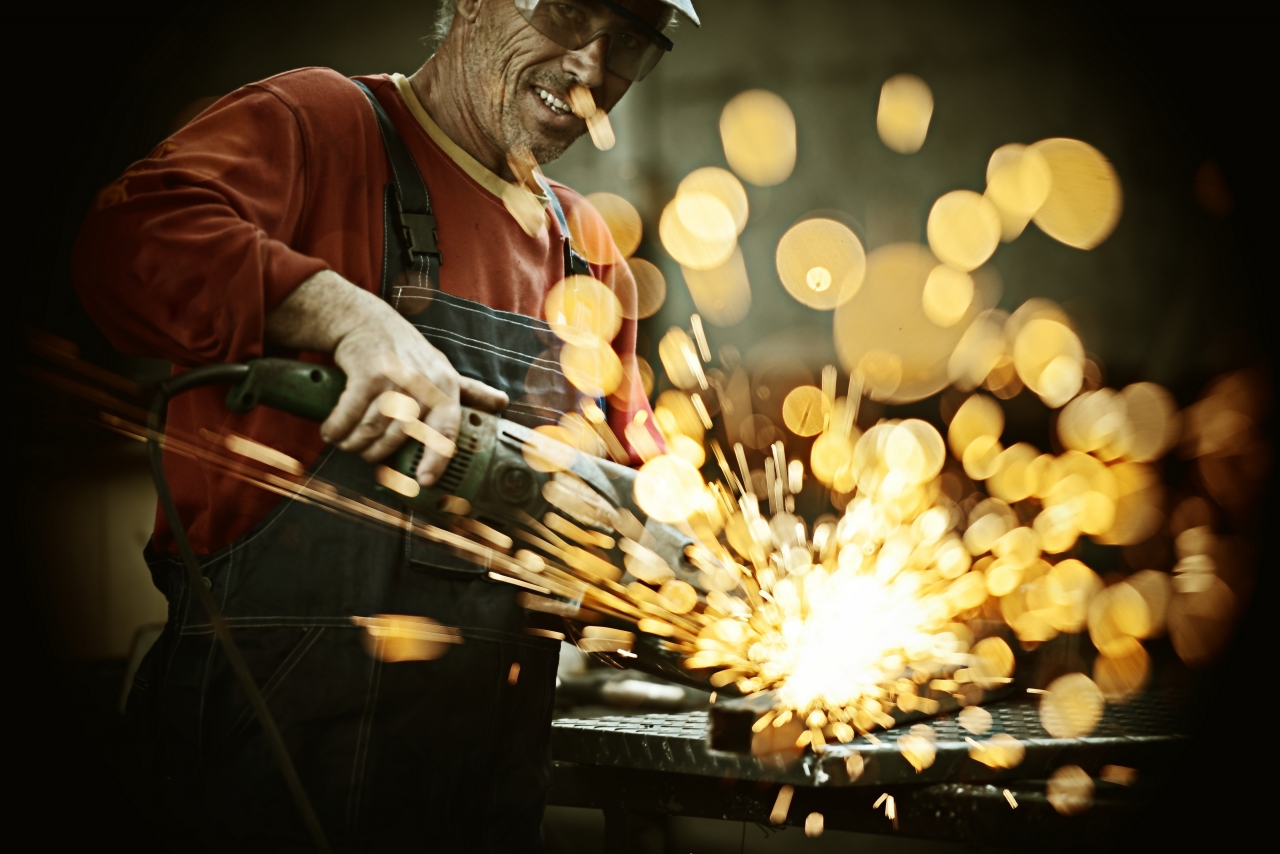New steel coalition seeks global emissions standard for 'green steel'
- Read original article here

An international group of steel manufacturers has today announced the formation of a new coalition that is calling on governments to establish a global emission standard that incentivises steelmakers to use the cleanest steel production processes available.
Titled the Global Steel Climate Council (GSCC), the group is calling on the US and EU to support the adoption of a global standard that "accelerates the transition to low-emission steel and recognises the potential of the recycled, circular steel model to reduce carbon emissions".
The coalition is advocating for a technology neutral standard that focuses on the amount of emissions generated through steel production, not the process used to manufacture low carbon steel. As such, the standard could potentially be adhered to by firms using electric arc furnaces (EAF) to turn scrap metal into steel, as well as emerging approaches to produce steel using hydrogen fuel or carbon capture and storage technologies, as long as they deliver verifiable and significant emissions reductions.
"We have the technology to reduce carbon emissions in steel production by 70 per cent today," said Leon Topalian, president and CEO of Nucor Corporation, a founding member of the Council. "The global industry needs to move forward and build on the innovation that has already led to cleaner steel production in the United States."
The group argues that an alternative "sliding scale" standard supported by a number of high-emission steelmakers would set greenhouse gas emission standards ceilings up to nine times higher for extractive versus recycled products, penalizing EAF producers and permitting higher-emission steel to be erroneously labeled as 'green'. The GSCC alleges that under the proposal, two steel products could be classified as equally 'green', even though one was produced by creating multiple times more carbon emissions than the other.
"We must prevent steel producers from classifying their products as green when the same products are available on the market with significantly lower carbon emissions," said Francesc Rubiralta, chairman and CEO of CELSA Group, a leading European producer of low-emission circular steel and founding member of the Council.
The group said its primary focus would be on establishing a standard that is technology and production method agnostic, covers producers Scope 1, 2, and 3 emissions, and is aligned with a science-based ‘glide path' that is in line with a 1.5C warming scenario.
"A single emissions standard would encourage all producers to reduce their carbon emissions and create a level playing field for all manufacturers," said Philip K. Bell, President of the Steel Manufacturers Association and founding member of the Council. "US-EU negotiations should not create a double standard and a slippery slope toward a dirtier environment."
The move comes as demand for low carbon steel from manufacturing firms continues to grow. Earlier this week, US-based heat pump and air conditioning manufacturer Trane Technologies became the latest firm to purchase low-carbon steel for use in its products after inking deals with Nucor Corporation and US Steel.
"Sustainability is at the core of our strategy, and we're excited to take another step forward in our journey to net-zero HVAC solutions," said Dave Regnery, chair and CEO of Trane Technologies. "Our partnerships with Nucor Corporation and US Steel will make our products even more sustainable as we continue to decarbonize our full value chain - from the raw materials we use, to our own operations, to the lifecycle impact of our products and services around the world. We're proud to be leading the market transition to a net zero future."
Representing 20 per cent of Trane Technologies' annual steel purchase, the low-new carbon steel is nearly 80 per cent less carbon intensive than traditional blast furnace steel. As such, the company expects the deal to reduce nearly 16,000 metric tons of carbon annually and result in a reduction of 120,000 metric tons by 2030 - the equivalent of emissions generated from powering more than 55,000 homes for one year.
Images Powered by 
